|
2018 was a big year for the SAT program across the state of Michigan. A new testing program for piano students was unveiled and implemented. Students were tested in significant areas including:
Thanks to all who attended! Plan to join us next year for our annual post celebratory lunch! Check out our pictures below from our fun gathering! Dr. Derek Polishuck presenting "Transformational Piano Teaching: Being a Mentor to Our Students"Dr. Derek Polischuk presented on "Transformational Piano Teaching". A piano teacher is much more than a piano teacher, they are someone who wields tremendous influence on development of young person's artist and empathetic potential, as well as their personal motivational framework for the rest of their life.
Mentoring High Achieving Students
Mentoring Recreational Students
My Favorite Theory Books:
Incorporating regular theory work into my weekly lessons was something a little foreign to me in my earlier days. I just didn’t see where to find the time. Books that I tried to use were never really relevant to the elementary material my students were all working on. Games and activities didn’t seem to stick with them if they had to pass a test either. Last year I was in despair over my students’ theory scores on their SATs. This year, however, I have found what is for me the perfect resource! Lina Ng’s theory course, found here at JW Pepper: http://www.jwpepper.com/sheet-music/search.jsp?keywords=lina+ng+theory These books are leveled perfectly for elementary piano and go along very well with the Piano Adventure and Succeeding at the Piano methods. They have stickers and fun activities and great illustrations that students love. I am also very impressed with the pedagogic methods Ng uses. She teaches note values and pitches by association, reasoning, and interesting repetitions. It is never a lecture-style, “Here is a quarter note. It has one beat”, method of teaching. Students discover the learning objective themselves through the activity. I now purchase her Theory Made Easy for Kids for every beginner age 4 – 6. For beginners ages 7 and up, I use My First Theory Book. Using these books, I don’t actually need to use a primer for students who start when they are in 2nd grade. I can begin with Piano Adventures Level 1 quite easily, if I emphasize intervallic reading and do the first few lessons completely with theory and general reading exercises. By the time they finish the 3rd Theory book, they are spelling scales and key signatures and doing 6/8 time (roughly SAT Level 2). I always keep the theory books at the studio and we spend about 10 minutes of the lesson working together on a page or two. My lessons typically are 40 minutes, so 10 minutes on theory is not too much for me to include. FYI, Marshall Music keeps all of these in stock! I think they became tired of me constantly ordering them :) In my studio there are three types of students, the students who memorize easily, the ones who are frightened to do it, and the new ones who haven’t memorized before. My students are visual learners, aural learners and tactile learners. I have found that the earlier we begin to work on memorization, the more comfortable the student will be. When I ask the transfer or new student how they memorize, they invariably say, “I’ll play it a lot of times!” And that will work if the student has time to “play it a lot of times.” This might be more effective on an eight measure piece but it gets trickier when the pieces get longer.
The sooner I have them analyze (in their own words) the patterns of the phrases, their memory confidence improves. Many students memorize by ear and often try not to use their musical knowledge to aid their memory. My task is to help them see the patterns and ask them about the harmonies. I have them identify the harmonies the easiest way for them to remember the triads, either the official name or whatever triggers their memory. Obviously consistent fingering is vital also. At times I have a student who is supposed to memorize a new section of a piece, but they want to get the other section more comfortable. Unfortunately, they just play the first memorized section, hoping it will improve. When you’ve memorized a phrase or a piece, then practice it these ways: 1. At tempo with your eyes closed. This is good for all ages, but young children especially enjoy this. 2. Extremely slowly by memory, eyes open! I always say slow enough that you want to scream. 3. Spots. (Bach = spot every 4 measures. Memory mistake = new spot). Practice these spots with the music and eventually they will be able to begin at any of these spots without the music. 4. With the music and eyes watching the music to review articulations, dynamics, etc. 5. By memory counting out loud 6. Say it and play it! This is especially helpful with Chopin Waltzes, Nocturnes, etc. with a jumpy accompaniment. 7. Using the metronome with the music. The student’s confidence and security are increased dramatically by practicing these ways. If a small slip occurs the performer knows exactly where he or she is in the piece and the performance will still be successful. Elissa Milne is a well-known pedagogue, composer, and author in Australia. Read her post on understanding why it takes students a longer time than expected to learn a piece!
http://elissamilne.wordpress.com/2011/03/30/top-5-reasons-why-its-taking-so-long/ By Loretta Lanning
As American piano teachers, we are always shamed by international teachers who find our system of private lessons vs. music schools to be quite terrible. I set out two years ago in my own teaching to create a studio of European quality. After doing my absolute best, I have come to several conclusions about why young American piano students as a whole will never be the same level musicians as International ones, and that this is not really a bad thing. 1). The entire European education system has almost nothing in common with the American system. European schools are career-track schools from the elementary level; if a student shows musical ability or their parents decide that they will be musicians when they grow up, they are placed into high-level music schools. Every day, a small child has lessons, ear-training, theory, and supervised practice. Their parents support this utterly and enforce all practicing at home. How can they not grow up to be fabulous musicians? 2). European music schools are publicly funded. Governments value music education; in some countries, being a fabulous pianist is a symbol of national pride. Music teachers are paid living-wage salaries. American music schools, which are hard to find, are at least 90% privately funded through tuition, donations, and grants. This alone shows us that our American governments do not see music as career-track pursuit that should be taken seriously. just this year, even general music was taken almost completely out of our local school system. Music education is left to private teachers who teach out of passion and concern for their art. How can one private teacher create the same high-level musical culture that is needed on a daily basis for students to achieve international levels of musicianship? 3) The notion of amateur playing is foreign to Europeans. Children do not take piano lessons "for fun" or because it is "good for them" (which it is). Children are too busy following their already tightly prescribed curriculums for other disciplines. As American studio teachers, we get the serious students with supportive families, with whom nothing is impossible, but we also get a much larger percentage of students who don't like lessons, who have less ability, and whose parents put lessons and practicing on the bottom of the priority list. As teachers, we can have the highest standards and the latest methods, and all the theory and ear-training we can throw at them, but they will never grow to be great players. Yet, at the very heart of the matter, we cannot afford to turn them away from lessons because we are all self-employed. I would like to observe testing and recitals in Russia if the general public were all taking lessons and if gifted teachers had to teach all levels of talent, not just the exceptional ones. 4). If American private piano teachers went on strike and demanded the government subsidize their teaching (this is extremely hypothetical) and turned away all students that did not show ability and enthusiasm, we would see an immediate improvement in general performance. If we would all be paid to work in music schools and share the burden of teaching theory and general musicianship with a large number of colleagues, we too would be able to expect professional, high-levels of playing by the time a student graduates high school. The main point I am making is that the over all lower-quality of college preparation is not really our fault as private teachers. Most of us do our absolute best to adequately train students, and Americans do have a history of brilliantly trained concert pianists. I believe that we should be proud that we offer lessons to everyone and continue to do so. I believe that music education is for everyone, not just for the gifted. To accomplish this, however, there are other things that we have to give up. We just need to maintain a difference between students who will grow to be amateur players and those students who aspire to be professionals. We must keep our standards high for those students who want to go as far as they can. In so doing, we cannot ignore everyone else. I hope to find this medium in my own studio, and begin my campaign to demand government subsidies (just kidding...or am I?). Confessions of a Piano Teacher
by Megan Nyquist I am thankful that I'm not a vocalist. It's nothing at all against vocalists - I will forever be entranced by the melodious sounds that come out of vocalists' mouths, and wish I had an ounce of their talent. It's also not the fact that I wouldn't normally sing in public - which I only do in church or the seventh inning stretch at baseball games. No, it's none of that. Here's the thing: when I get sick with say, a 4 week bout of laryngitis, my livelihood is not affected! Hallelujah! The ten, healthy digits attached to my palms blessedly do not feel the effects of said illness. I might be required to use pen and paper or a whiteboard to communicate with my piano students, or in extreme cases, sound like an injured bird screeching at them. But joy of joys, I can simply sit down at the piano and just play for them. No voice required. And for that I am thankful. |
AuthorWrite something about yourself. No need to be fancy, just an overview. Archives
April 2018
Categories |
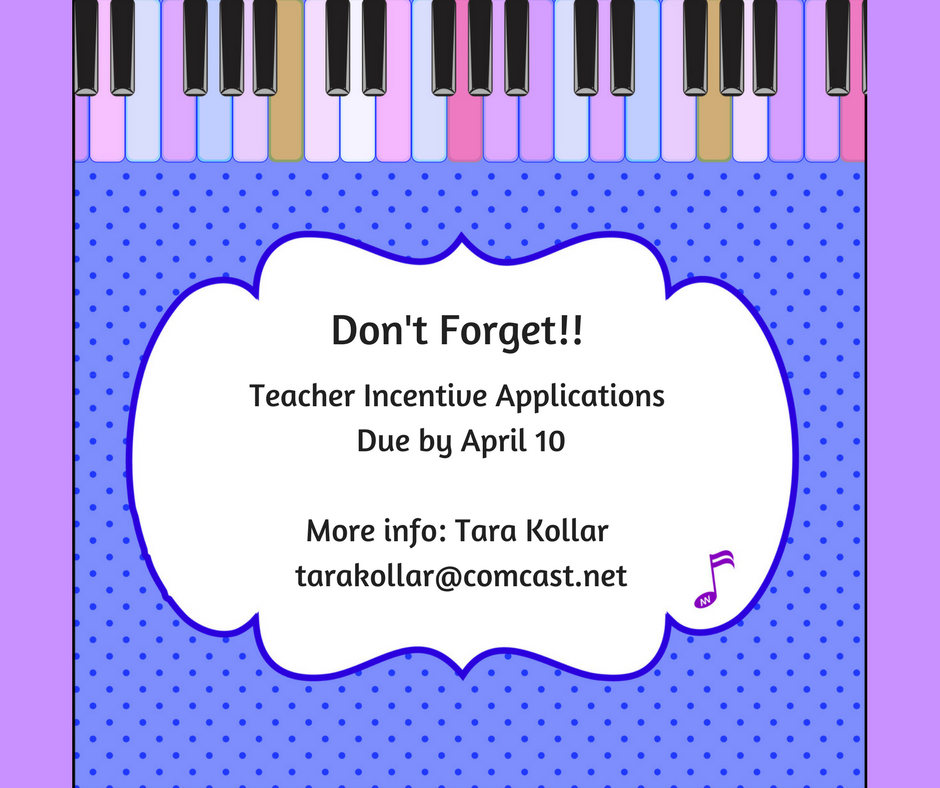
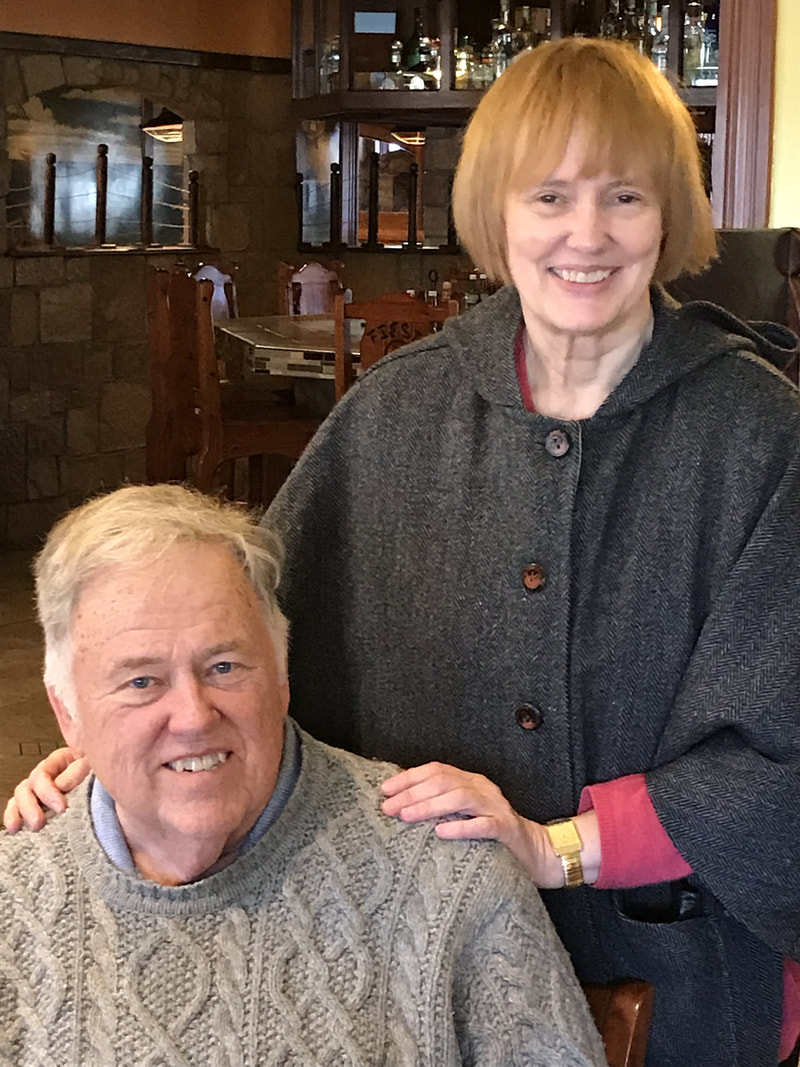
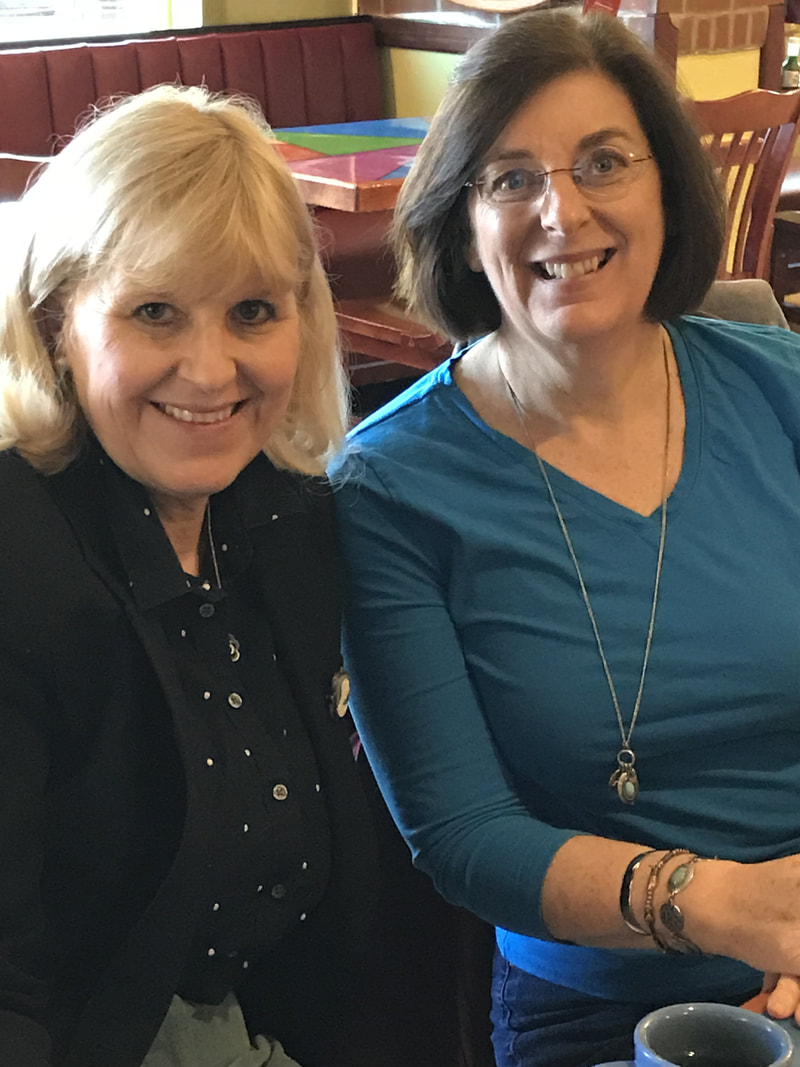
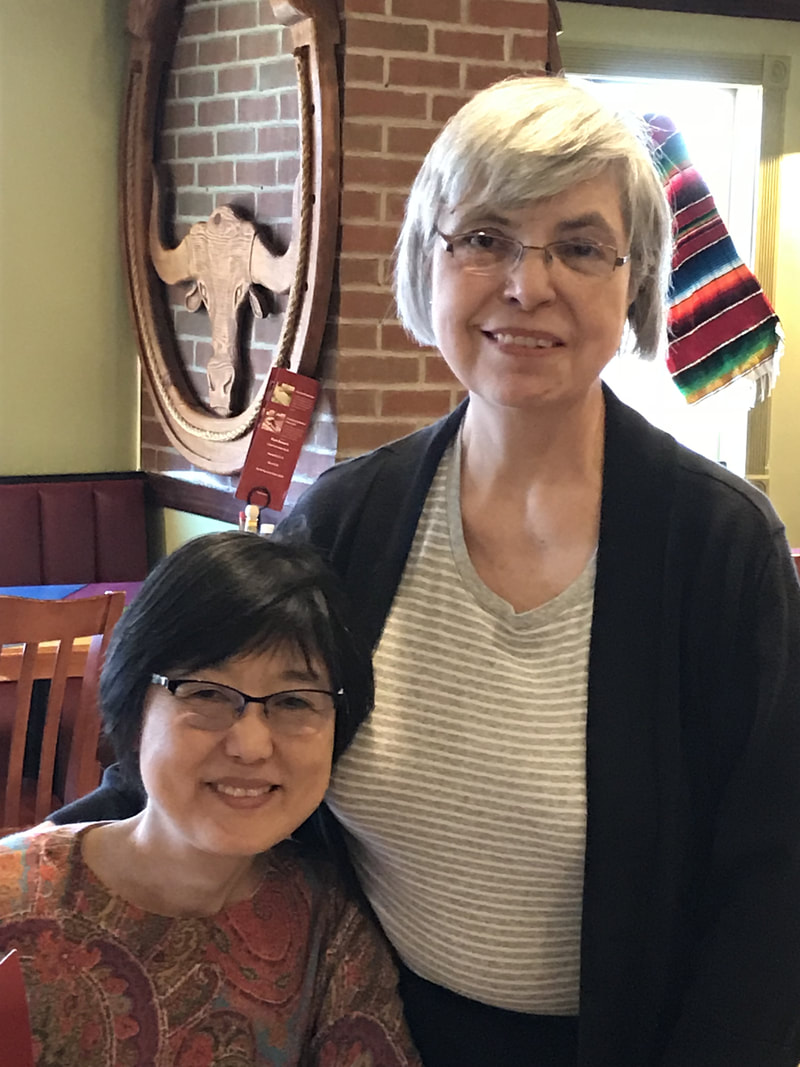
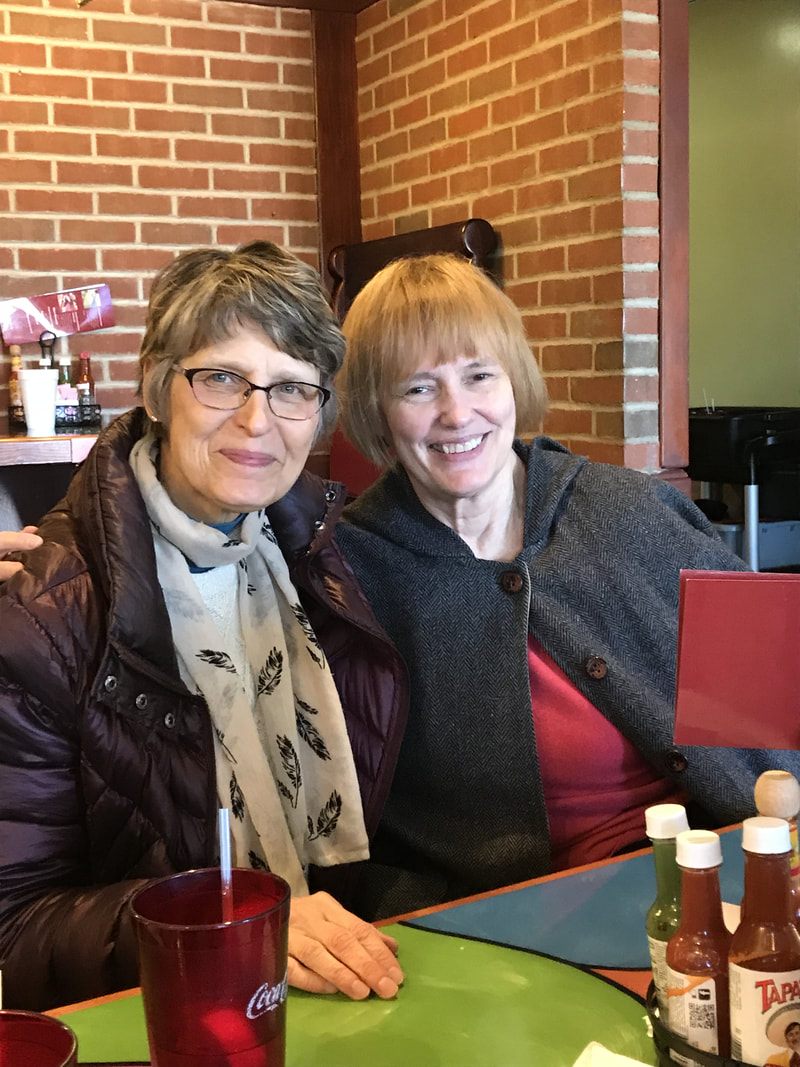
 RSS Feed
RSS Feed